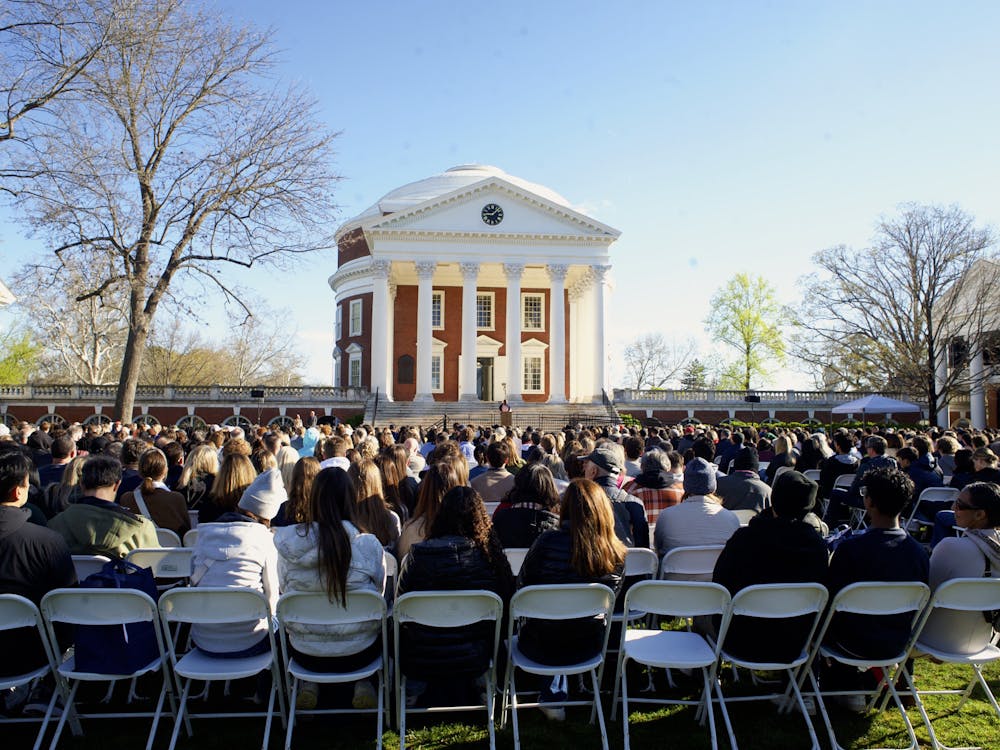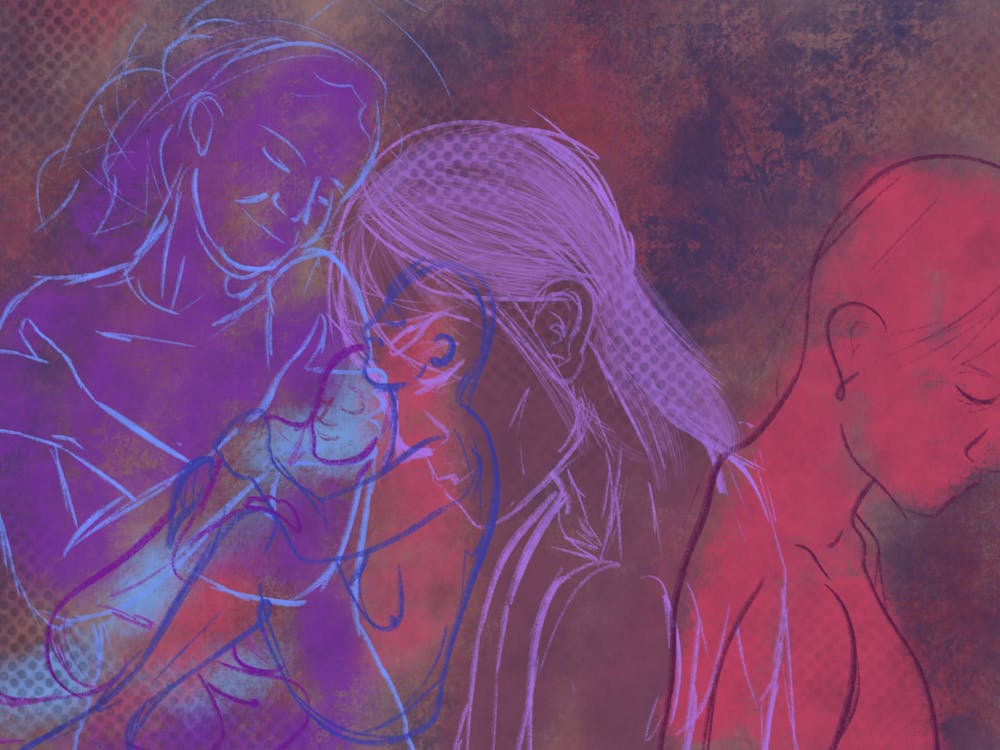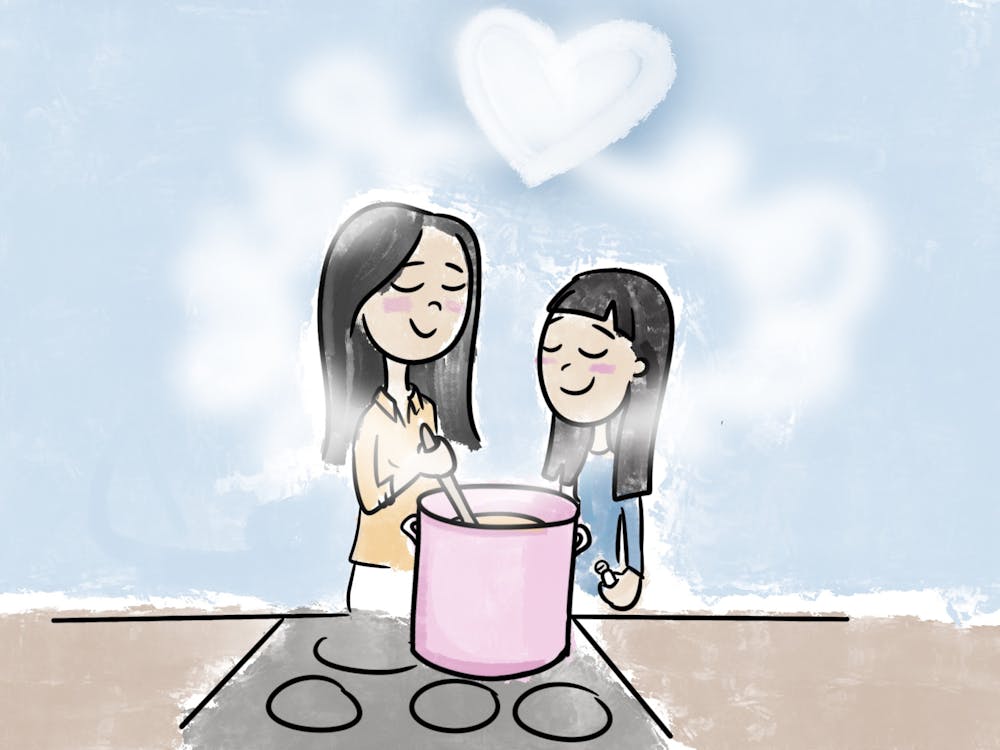I find myself somewhat rubbed the wrong way when people give too much weight to the undergraduate major someone else is pursuing. Said people are non-coincidentally more frequently than not older people — our parents, people interviewing us for jobs or even co-workers — people stuck in decades ago when, especially for women, what you chose to study was the single most important factor in what your line of work would be.
Earlier this semester I pulled my hair back and attended the Commerce Career Fair in a pencil skirt and kitten heels, portfolio pad in hand. No, I’m not a Commerce student, but all majors were welcome and I wanted to take a look at the intense recruitment that is rumored to go on in those fields, and gauge my own potential within those constraints. Much as I expected, my interest in those companies, at least for now, is slim to none.
I spent some time beforehand researching companies that would be there, using the criteria of “All Majors Welcome” or not as my primary determining factor. I made my rounds with my resume boasting my English and foreign affairs majors and my involvement with The Cavalier Daily among numerous other editorial and writing achievements and internships. I was speaking with a recruitment representative from a company that does online marketing and branding — essentially using the Internet to market and rebrand a company.
She asked as her eyes made their way down my resume, “So, what makes you want to work in a field so different than what you are studying?”
In writing and in retrospect even, it seems like a perfectly viable question, but it really bothered me. Maybe it is because I am that girl who’s sporting an English major at a commerce career fair, but I felt an instant disconnect from her — as if she were unwilling to see the transience that is the four or even two years in a major. She is limiting her scope of considered applicants to those who decided to study numbers and money and economics instead of rhetoric and literature and sciences — when arguably each of those realms are useful in the marketing field, or any field at that.
When people, usually my senior, hear I am an English major, I usually get remarks and questions about my future as an English teacher. But this assumption is astoundingly ignorant — it’s presumptuous, even sexist. Others ask about my interest in working for the state department or for the government given my foreign affairs major. But this relies on a whole other set of implications and assumptions, which for lack of space I won’t go into.
The particular association between “English” and “teaching” I think is mostly broken and virtually nonexistent in the people of our generation, but I still sometimes feel like English majors are expected to go on to pursue a Ph.D. in the field, or else become a writer, critic or editor. I guess it’s fine for me, because I do indeed want to work in magazine or book publishing, but what about philosophy or sociology majors that don’t want to just pursue a doctorate? What about Spanish majors who don’t just want to teach English in Spain for two years, or religious studies majors, what is there for them to do “professionally,” in the stereotypical and categorized view that people have of majors?
We are moving forward, but I don’t think the world will understand until our generation are the recruiters, the bosses and the managers, that what you chose to major in shouldn’t lead to any assumptions about what field you want to pursue. It may be important for more technical degrees — the Commerce and Engineering students among us — but I don’t think students should feel pressured by the presumptions of the professional world at the ripe age of 18. Four years of college should serve as a cushion from the outside world, and only toward the end should outlets to the outside slowly present themselves.
Chose what drives you and what will make you want to attend class. I love literature and books and reading and I always have, yet it took me until the end of my second year to accept that I wanted to major in English because until then I feared a stigma, or thought it was too impractical. Now, in my fourth year, I finally realized that no matter what you chose to study your degree is still from the University of Virginia, and you’re learning and fine-tuning the same essential analytical skill set that employers or graduate schools look for across the board. A good student is a good student.
Valerie’s column runs biweekly Fridays. She can be reached at v.clemens@cavalierdaily.com.




